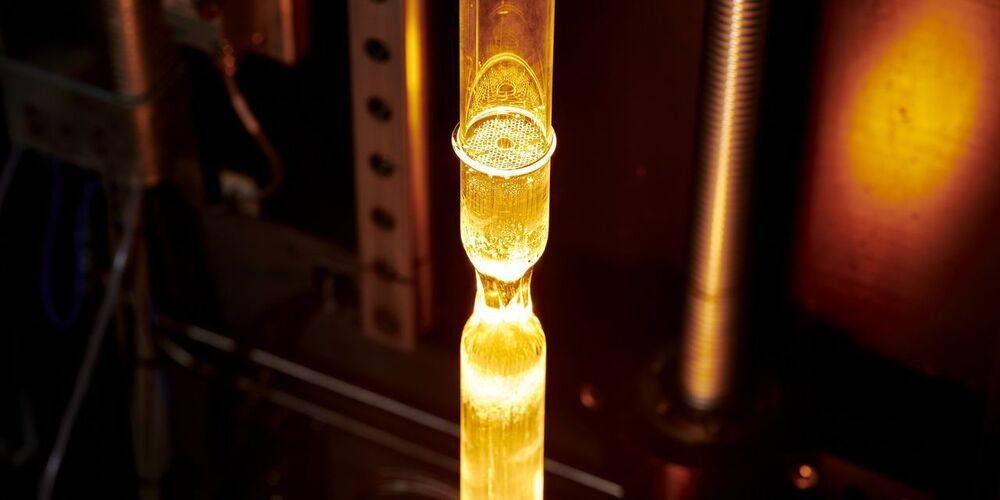New initiative aims to lower high barrier to entry for resource-constrained organizations, increasing access to participate in forward-looking research.
Like.
Comment.
As the world continues to change and advance at a rapid pace, the need for continuous innovation has never been greater. DARPA’s open innovation model leverages the expertise and novel ideation found in large and small businesses, government organizations, and academic institutions. However, resource constraints across these organizations can limit their participation in cutting-edge research opportunities. Within the microelectronics arena in particular, skyrocketing costs for designing integrated circuits are stifling participation in the innovation process.
To help remove potential roadblocks to further increasing the speed of innovation, the agency today announced DARPA Toolbox – a new, agency-wide effort to provide open licensing opportunities with commercial technology vendors to the researchers behind DARPA programs. Through DARPA Toolbox, successful proposers will receive greater access to commercial vendors’ technologies and tools via pre-negotiated, low-cost, non-production access frameworks and simplified legal terms. For commercial vendors, DARPA Toolbox will provide an opportunity to leverage the agency’s forward-looking research and a chance to develop new revenue streams based on programmatic achievements developed with their technologies.
“DARPA performers are frequently encumbered by having to negotiate access to tools, IP, and services, and execute complex legal agreements that take the time away from what they do best – advancing science to benefit the nation,” said Serge Leef, the Microsystems Technology Office (MTO) program manager spearheading this effort. “Through DARPA Toolbox, we are working to effectively lower the high barrier to entry with the goal of encouraging more proposals from non-traditional and resource-constrained organizations that can bring innovative insights and ideas to bear on DARPA programs.”







